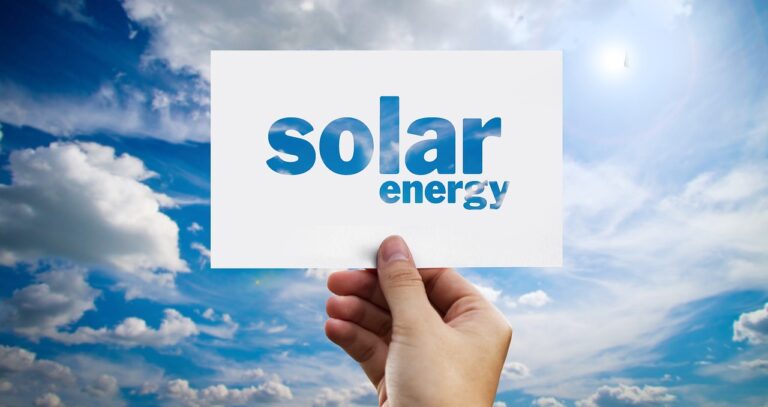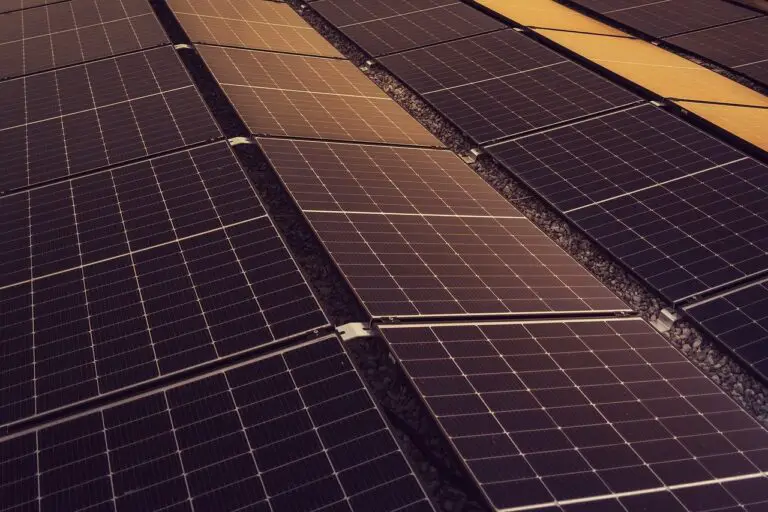Credit Score Comparison: Minimums for Solar Panel Loans and Green Improvement Loans
When seeking financing for eco-friendly renovations, understanding the credit score requirements is crucial. This article delves into the credit score comparisons between loans for solar panels and green home improvement loans. By breaking down the essential criteria for each type of loan, you can make informed decisions on which option aligns best with your financial situation.
Understanding Credit Scores for Solar Panel Loans
Importance of Credit Scores
Credit scores play a pivotal role in determining loan eligibility. For solar panel loans, lenders use credit scores to assess the borrower’s ability to repay. A higher credit score generally means better terms and lower interest rates. Conversely, a lower score may result in higher rates or even denial of the loan.
For instance, if your credit score falls below 650, you might struggle to secure favorable terms. According to EnergySage, many lenders require a minimum credit score of 680 for solar panel financing.
Minimum Credit Score Requirements
Most lenders set minimum credit score requirements for solar panel loans. Typically, these minimums range between 650 and 700. Some lenders may be more flexible, but generally, a higher credit score improves your chances of approval and better terms.
To illustrate, here is a summary of common credit score requirements:
| Lender Type | Minimum Credit Score |
|---|---|
| Traditional Banks | 680 |
| Credit Unions | 650 |
| Online Lenders | 700 |
These figures provide a baseline, but individual lenders may have varying criteria.
Impact of Credit Scores on Loan Terms
Your credit score affects not just loan approval but also the interest rates and repayment terms. With a high credit score, you may receive lower interest rates, which reduces the overall cost of the loan. For example, a score above 750 often qualifies for the most competitive rates available.
In contrast, borrowers with lower credit scores might face higher interest rates and less favorable terms. This is because lenders perceive them as higher-risk borrowers.
Credit Score Requirements for Green Home Improvement Loans
Evaluating Credit Score Needs
Green home improvement loans often have different credit score requirements compared to solar panel loans. These loans can cover a range of eco-friendly upgrades, from energy-efficient windows to advanced insulation.
For most green home improvement loans, lenders typically require a credit score between 620 and 700. However, the specific minimum may vary depending on the type of improvement and the lender’s policies.
Comparing Minimum Credit Scores
Here’s a comparison table for credit score requirements for green home improvement loans:
| Lender Type | Minimum Credit Score |
|---|---|
| FHA Green Loans | 620 |
| Conventional Loans | 680 |
| Specialized Lenders | 650 |
These values indicate a broader range of acceptable scores compared to solar panel loans.
Influence of Credit Scores on Loan Terms
Similar to solar panel loans, your credit score impacts the terms of green home improvement loans. Higher credit scores generally lead to lower interest rates and more favorable terms. Conversely, lower scores may result in higher rates and additional fees.
For example, a borrower with a credit score of 700 might secure a green home improvement loan at a lower rate compared to someone with a score of 650.
How Credit Scores Affect Loan Approval
The Role of Credit History
Credit history is a significant factor in loan approval for both types of loans. A strong credit history with a record of timely payments boosts your chances of securing a loan. Lenders view a solid credit history as an indicator of financial responsibility.
Conversely, a history of missed payments or high credit card balances can negatively impact your application. Lenders may view these as signs of financial instability, leading to loan denial or less favorable terms.
Debt-to-Income Ratio
In addition to credit scores, the debt-to-income (DTI) ratio plays a crucial role in loan approval. This ratio compares your monthly debt payments to your gross monthly income. Lenders use it to gauge your ability to manage additional debt.
For both solar panel loans and green home improvement loans, a lower DTI ratio is preferable. Lenders typically look for a DTI ratio below 40%. A higher ratio may result in higher interest rates or loan denial.
How to Improve Your Credit Score
Improving your credit score before applying for a loan can make a significant difference. Here are some effective strategies:
- Pay down existing debt: Reducing credit card balances lowers your credit utilization ratio, improving your score.
- Make timely payments: Consistent, on-time payments boost your credit score over time.
- Check your credit report: Regularly review your credit report for errors and dispute any inaccuracies.
By following these tips, you can enhance your credit score and increase your chances of securing favorable loan terms.
Conclusion
In summary, the credit score requirements for solar panel loans and green home improvement loans vary but generally fall within specific ranges. Understanding these requirements and how your credit score impacts loan approval and terms can help you make informed decisions.
Whether you are considering loans for solar panels or green home improvement loans, improving your credit score can lead to better loan terms and lower interest rates. Always research lenders and their specific requirements to ensure you meet the necessary criteria.
Resources
- EnergySage: Solar Loan Credit Score Requirements
- FHA Green Loans: Credit Score and Terms
- NerdWallet: Improving Your Credit Score
Loan Calculator
| Period | Payment | Interest | Balance |
|---|
<h6><strong>Calculator Disclaimer: The repayment amount shown using this calculator is an estimate, based on information you have provided. It is provided for illustrative purposes only and actual repayment amounts may vary. To find out actual repayment amounts, contact us. This calculation does not constitute a quote, loan approval, agreement or advice by My Finance. It does not take into account your personal or financial circumstances.</strong></h6>







